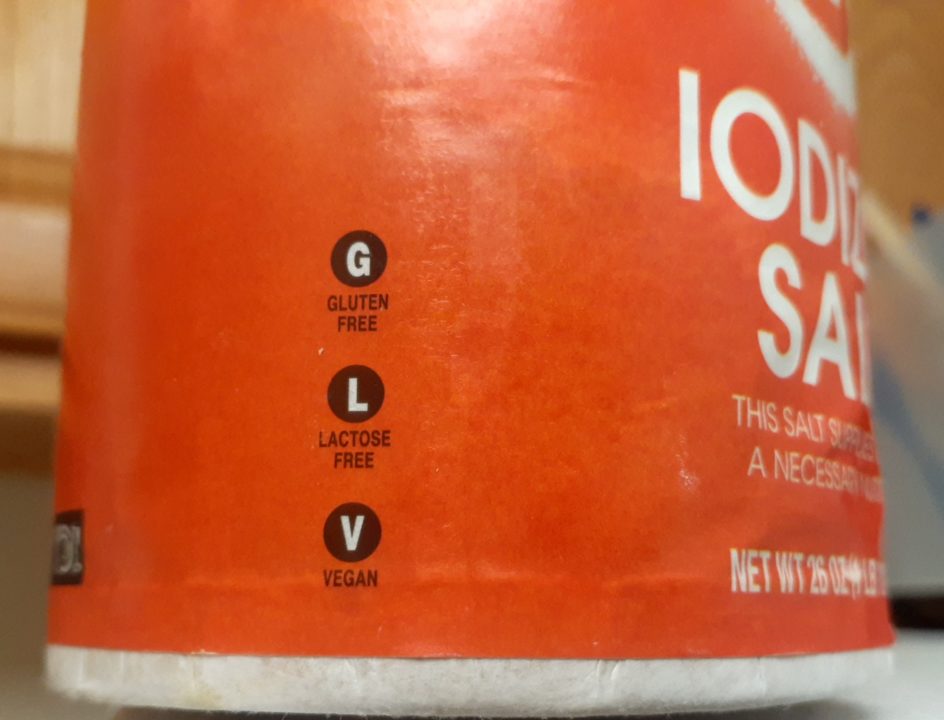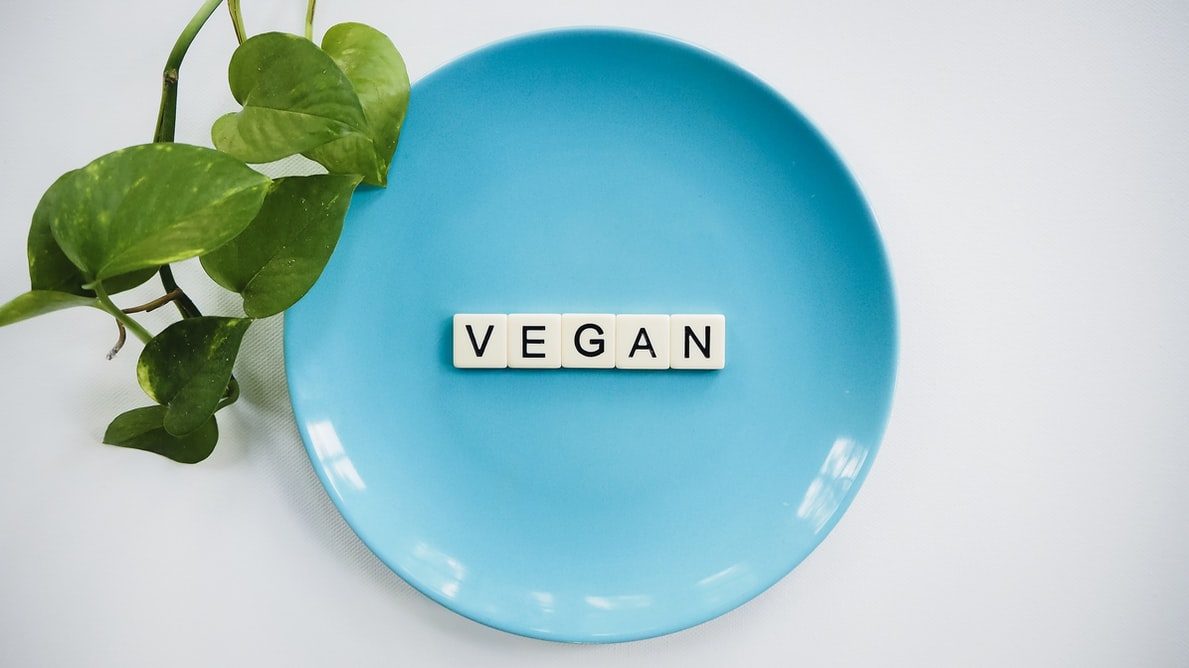A while ago, I wrote an article on greenwashing, which is the “process of conveying a false impression that a company or its products are environmentally sound” (Investopedia). Since then, I have come across prime examples of greenwashing and questionable marketing strategies.

My latest encounter was a few days ago, when I noticed the salt container I’ve been using for months claimed that the product was “vegan”. This discovery was both astonishing and laughable. Is the company implying that the competition’s salt contains animal products? How in the world would table salt not be vegan? Correct me if that’s not the case, but to my knowledge table salt is a compound of sodium and chloride, and perhaps some mineral additives (e.g. potassium, calcium, magnesium). It amazes me that the brand felt the need to market a mineral (and obviously not animal-based) product as vegan. In my opinion, it is just a marketing tactic to appeal to appeal to consumers and portray the company as eco-conscious.
Many companies are using alternate forms of greenwashing to generate revenue and polish their brand image without actually putting in the work. As consumers, we need to make informed decisions when purchasing products and not fall for empty marketing claims.
Written by Kelly Jean, Class of 2021
Photo by Vegan Liftz on Unsplash

